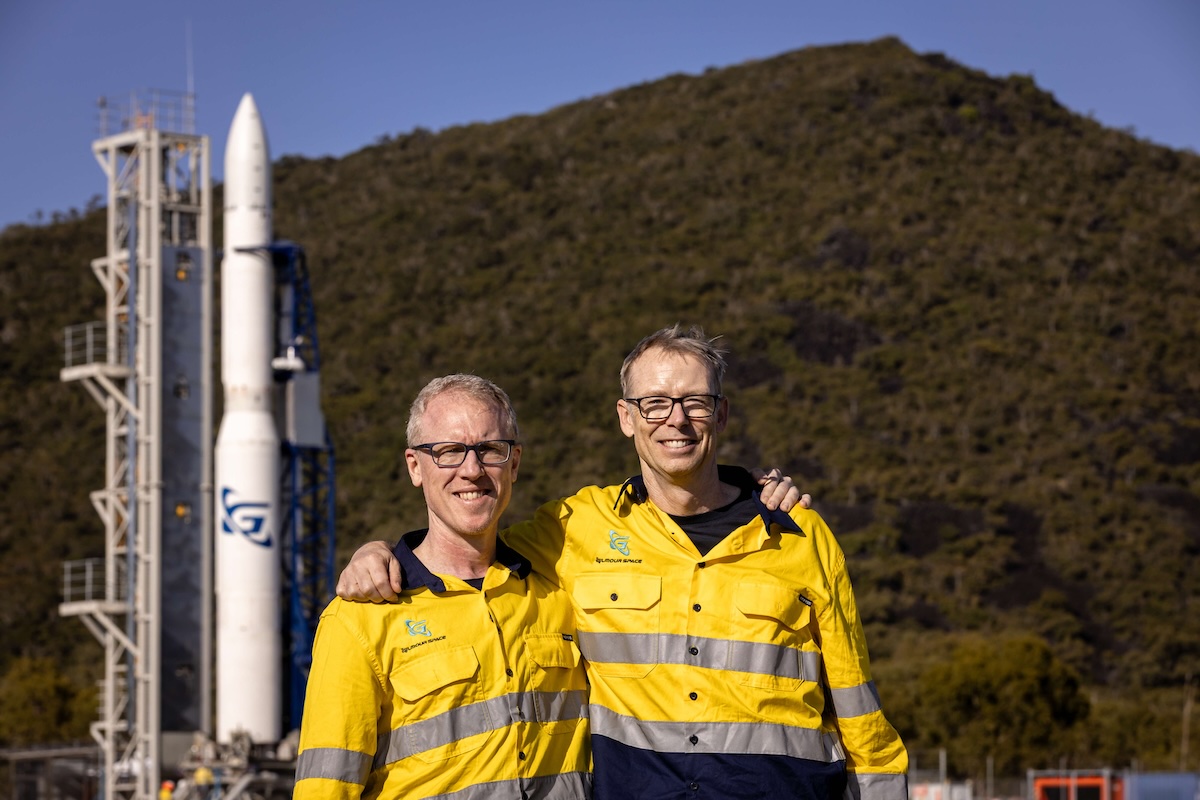
Insight Development with Dean McEvoy
Startup founder, mentor and investor Dean McEvoy shares his framework for insight development and how startups can get to product-market fit faster.
In our latest Giants Weekly session, we were lucky to have startup advisor, investor and mentor Dean McEvoy share his process for how startups can build insight development. As Dean explains, ideas solve problems, but insights build successful startups faster.
Watch Dean’s presentation in full below, or read on to understand his framework for insight development and how to get to product-market fit faster.
Insights > Ideas
In all the pitches Dean sees as a startup mentor and advisor, his pet peeve is when founders say ‘I’ve noticed a problem with X so I’m going to build an app that solves that problem’, but the problem they’re solving is general, and they’re not digging in deep enough.
“People that go and start a business without understanding the insights around that problem and around that business, they’ll fail.”
Citing the 42% of companies that fail due to ‘no market need’, Dean explained that solving a problem isn’t enough; it’s crucial to have the insights to grow the business. It’s not enough to have an idea and then A/B test yourself until success, there needs to be more work done at the start.

Core Human Needs + Functional Benefits
Dean shared the six core human needs he learned from Tony Robbins - that people are only really motivated to take action when it strikes the core six human needs;
- Connecting with others
- Feeling significant or special
- A sense of comfort, stability or safety
- Inspiring change or variety
- The expansion of yourself and improving yourself
- Contribution and giving back
Instead of positioning your product based on its capabilities alone, Dean recommends a framework that unites one of these six core human needs with the functional needs your startup solves (eg; saves time, makes money, reduces risk). By connecting the functional with the core human need, you’re appealing to the person making that decision. People don’t buy your product or service, they buy the functional benefit. They take action faster though when it connects to one of their core human needs.
So how does this framework play out in practice? Dean recommends the following:
- Interview existing early users to understand their functional and core human needs and uncover their true outcomes
- Learn where alternatives fall down and why to develop insight (knowing this before you cut code will get you to product-market fit faster)
- The reason why next best alternatives fall down is the insight you can use to build a business
- This insight becomes a user persona you can use to develop a marketing funnel and product offering that will grow and convert
Growth = Insights at Scale
Once you’ve worked the insight that gets one persona working throughout your funnel, then begin working out the extra personas that will work. Dean describes this as your insights strategy on steroids - optimising everything from your acquisition funnels through to retention and referral based on insights development.
“Everyone has the same ammunition as you, they can easily run a search ad or a social media campaign. The challenge is how do you differentiate yourself?”
While founders are often well-versed in their user's desired outcomes, Dean recommends embedding insights into the approach as you grow to bring new hires in sales, marketing or product up to speed quickly.
“If you can articulate in a first principles manner what the problem is that you’re solving during this insight development framework, you will have better startups faster.”
Learn more about Insight Development or connect with Dean through his website.

.jpg)


.webp)






.avif)
